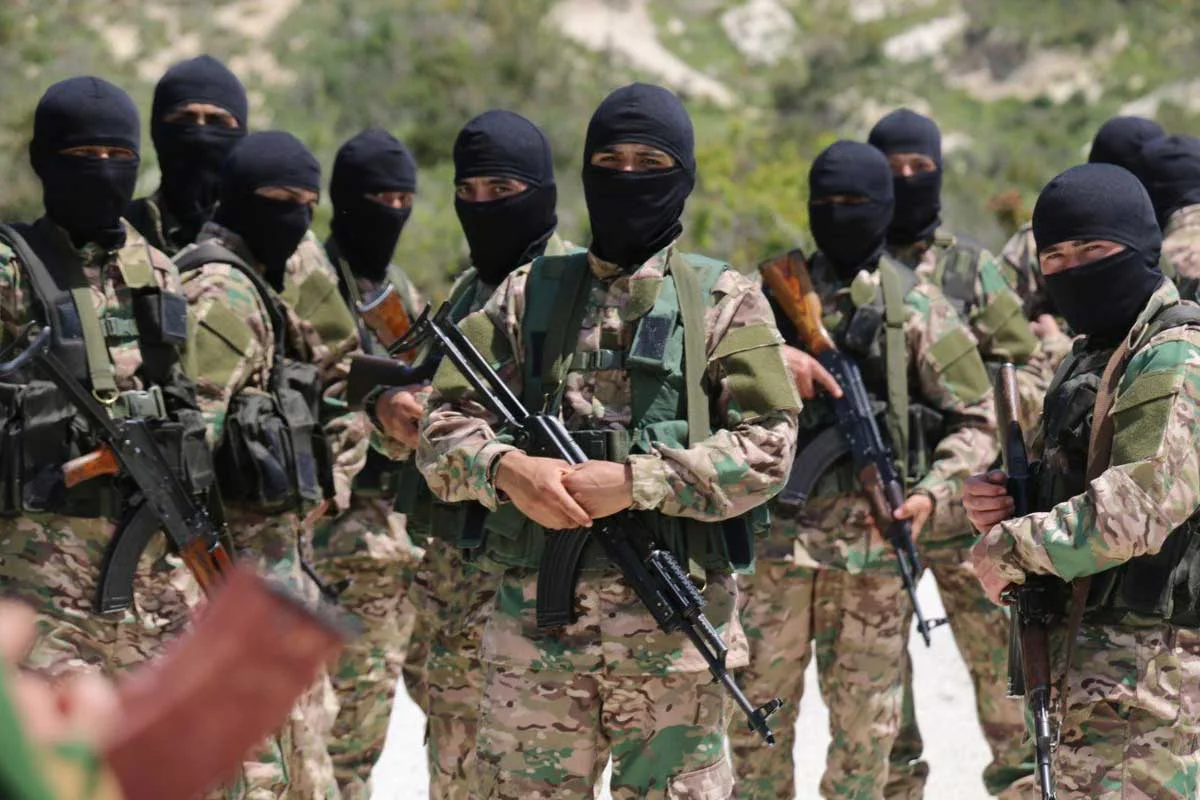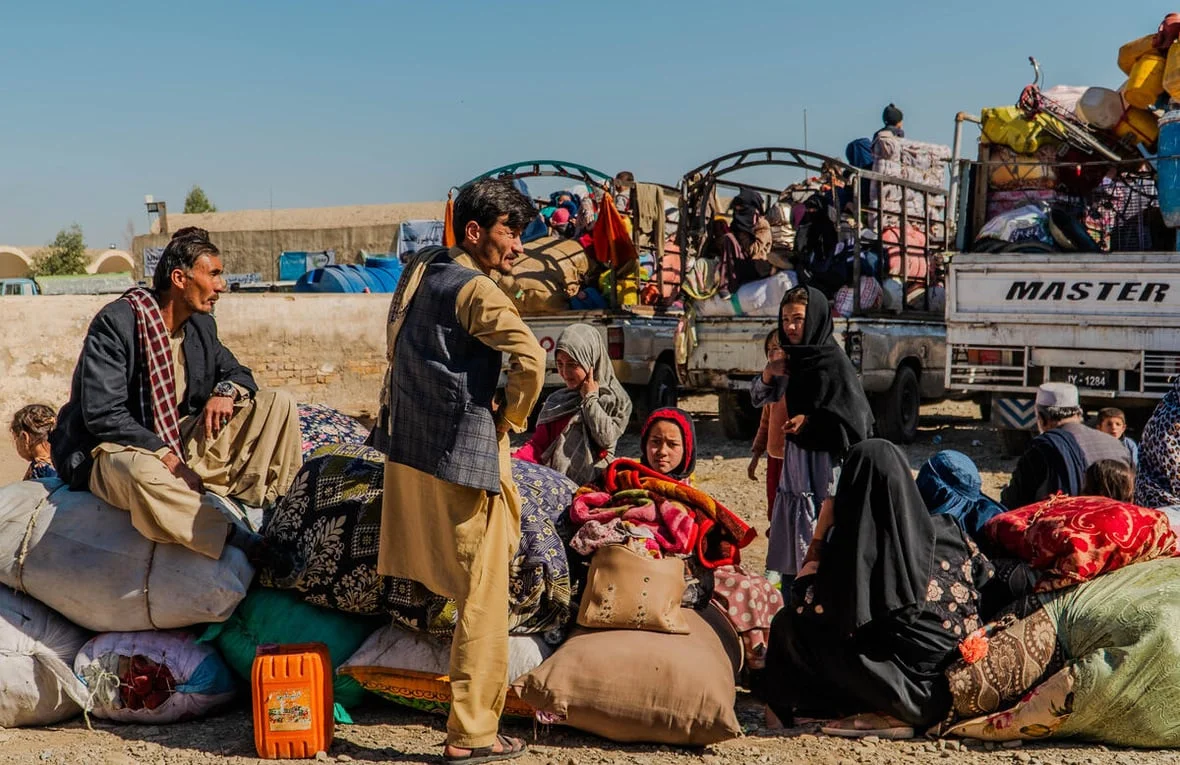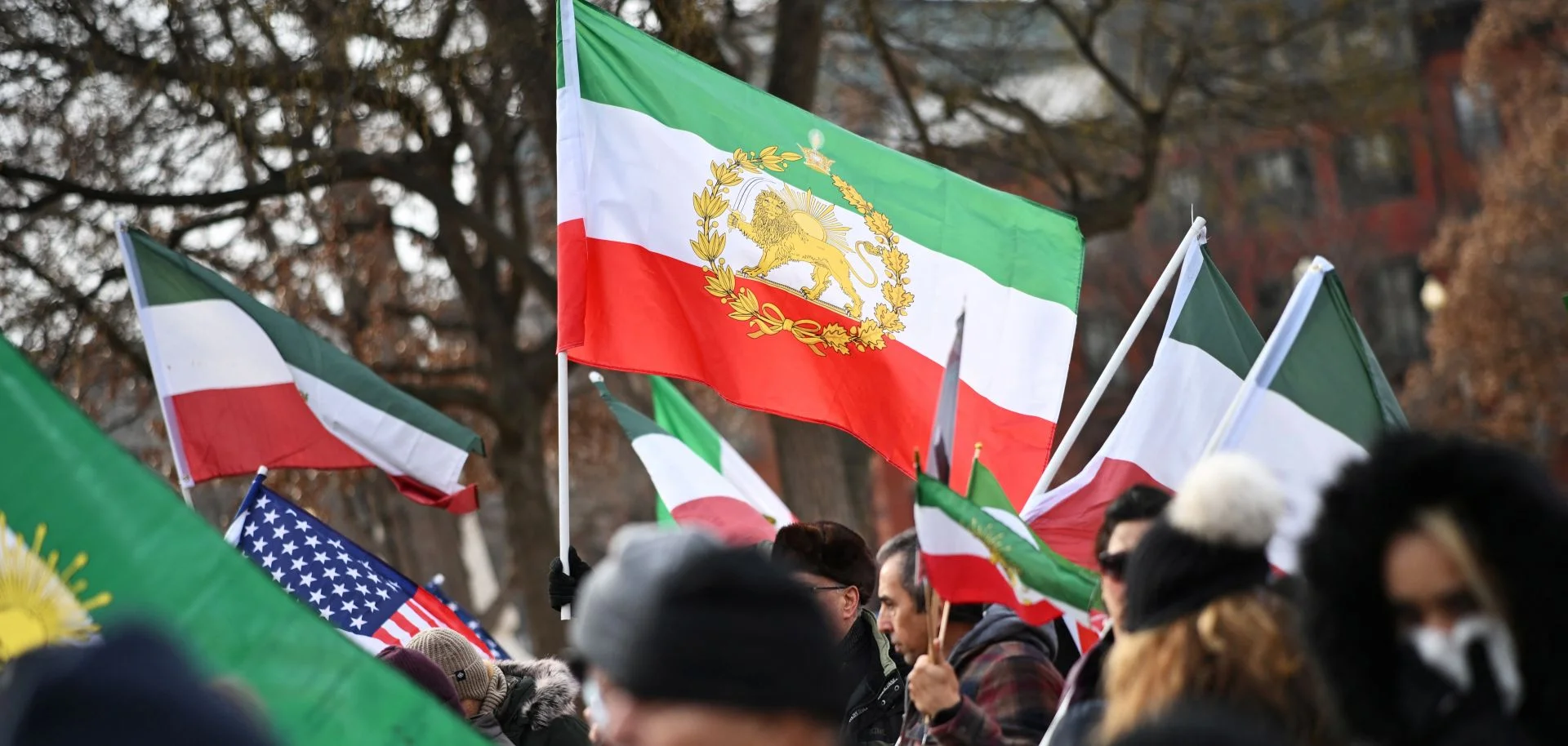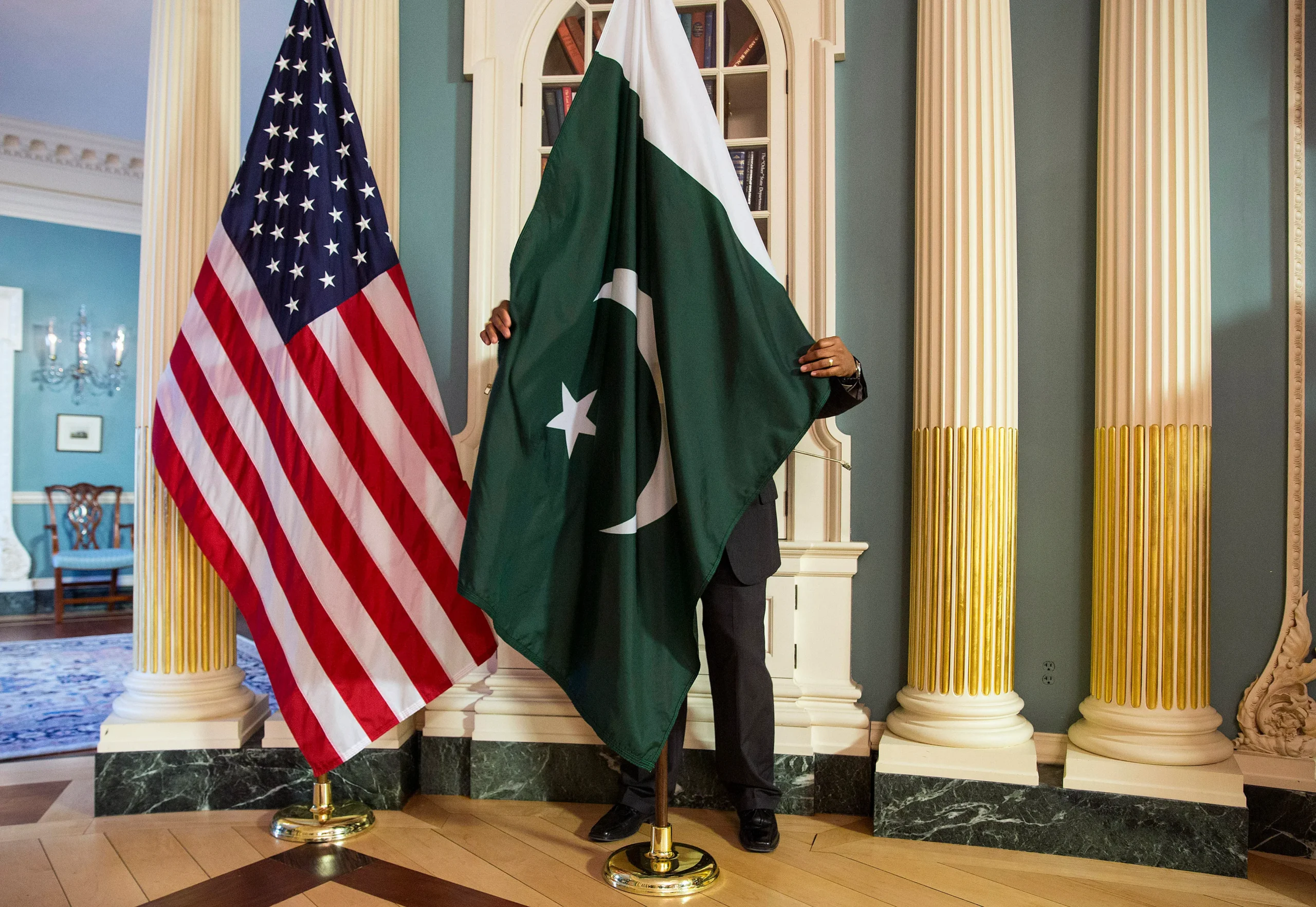South Asian politics is witnessing a new web of geopolitical rivalries, interdependencies, and realignment in its diplomatic and trade dynamics. The declining relations between India and Bangladesh and the growing ties between Pakistan and Bangladesh are at the heart of this evolution. Bangladesh’s deployment of Turkish-made Bayraktar TB2 drones along its borders with India for intelligence, surveillance, and reconnaissance missions on December 9 and the Bangladesh Deputy High Commissioner in Karachi, SM Mahbubul Alam’s meeting with Zubair Motiwala, Chief Executive of the Trade Development Authority of Pakistan (TDAP), to discuss bilateral trade on December 10 are two of the latest happenings in this chain. This shift is emblematic of Bangladesh’s evolving foreign relations, a process that involves recalibrating its diplomatic and trade relations with both regional powers and new partners.
Post-Hasina Dynamics: A Shift in Bangladesh-India Relations
The ouster of Sheikh Hasina Wajid in August 2024 has led to a surge in anti-India sentiment in Bangladesh.
Allegations of Indian interference in Bangladeshi politics, combined with communal violence against Hindu minorities, have significantly strained bilateral ties. Historically, India and Bangladesh enjoyed close relations during Sheikh Hasina’s tenure, marked by robust trade, security, and infrastructure development cooperation. However, the dynamics are shifting, with signs of a growing closeness between Bangladesh and Pakistan—nations historically at odds since their inception.
The diplomatic fallout deepened with the arrest of Hindu religious leader Chinmoy Krishna Das on sedition charges in Bangladesh. This incident ignited protests in India. It has become a flashpoint in the broader anti-India rhetoric. The rhetoric accuses India of supporting Hasina’s extended rule. Hasina’s rule is often characterized by crackdowns on dissent. Meanwhile, Hasina’s criticism of the interim administration led by Muhammad Yunus, including accusations of genocide, has escalated tensions. Bangladesh’s demand for Hasina’s extradition has further complicated the relationship, turning it into a significant diplomatic irritant.
India has raised concerns about the treatment of Hindu minorities in Bangladesh, while Dhaka accuses New Delhi of exaggerating such incidents. The interim government claims that conditions for minorities have improved since Hasina’s departure, but these assertions have done little to ease tensions.
Escalating Security Concerns Between India and Bangladesh
In response to the unrest in Bangladesh, India’s Border Security Force (BSF) has been placed on high alert. On December 2, 2024, India suspended train services, including passenger and freight operations near the Bangladesh border, as a precautionary measure. Just days later, Bangladesh’s diplomatic mission in Agartala, India, was attacked, which prompted a strong condemnation from Dhaka and arrests by Indian authorities.
Further compounding the tensions, Indian Home Minister Amit Shah announced on December 8 the implementation of an integrated border management system to monitor sensitive areas along India’s borders with Bangladesh and Pakistan. According to official data, over 260 drones have been intercepted along the India-Pakistan border in 2024, highlighting increasing security challenges.
The following day, Bangladesh deployed Turkish-made Bayraktar TB2 drones along its borders with India for intelligence, surveillance, and reconnaissance missions. This marked a significant development, as Bangladesh became the second South Asian country, after Pakistan, to acquire these drones. The Bayraktar TB2’s role in past conflicts, such as the 2020 Nagorno-Karabakh war, underscores its strategic value. However, India’s advanced anti-drone systems provide it with robust defensive capabilities against such measures.
Shifting Trade Relations between Bangladesh and India
Trade relations, once a cornerstone of India-Bangladesh ties, are now under strain. Bangladesh has traditionally relied on India for key imports like onions and potatoes, with onion exports reaching 7.24 lakh tonnes in 2023-24. However, rising prices in the Indian market and policies discouraging exports have pushed Bangladesh to explore alternative suppliers, including Pakistan. Reports of sugar imports from Pakistan have already emerged, and Bangladesh is now considering sourcing potatoes and onions from there as well.
India’s exports to Bangladesh rose from USD 3.2 billion in 2010-11 to a peak of USD 16.2 billion in 2021-22. However, trade between the two countries has declined following the interim government’s rise to power in Bangladesh. The Bangladesh Trade and Tariff Commission has cited a 10.59% monthly increase and a staggering 131% annual surge in onion and potato prices as key factors driving the shift away from Indian suppliers.
Expanding Trade and Economic Collaboration between Pakistan and Bangladesh
The interim government of Bangladesh, led by Muhammad Yunus, has taken significant steps to strengthen ties with Pakistan. This shift in bilateral relations became evident during a meeting between Yunus and Pakistani Prime Minister Shehbaz Sharif at the United Nations General Assembly in New York in September 2024. The two leaders discussed revitalizing cooperation, setting the stage for closer economic and diplomatic engagement.
In October 2024, Bangladesh removed the mandatory physical inspection of imports from Pakistan, streamlining trade processes.
A historic milestone followed on November 11, 2024, when the first-ever direct cargo shipment between Pakistan and Bangladesh was initiated, marking the first maritime trade connection between the two nations in 53 years since the dismemberment of the then East Pakistan, now referred to as Bangladesh.
On December 10, 2024, Bangladesh’s Deputy High Commissioner in Karachi, SM Mahbubul Alam, met with Zubair Motiwala, the Chief Executive (CE) of the Trade Development Authority of Pakistan (TDAP). During the meeting, Alam extended an invitation to Motiwala. The invitation was for the month-long Dhaka International Trade Fair (DITF), scheduled for January 2025. Motiwala readily accepted the invitation.
Discussions centred on increasing and diversifying bilateral trade through Government-to-Government (G2G) and Business-to-Business (B2B) modalities. Key trade areas included industrial and commercial products, as well as agricultural commodities such as rice, onions, sugar, potatoes, dates, jute and jute products, tea, fresh fruits and vegetables, and sesame.
Bangladesh and Pakistan are exploring further measures to enhance connectivity and trade. SM Mahbubul Alam announced plans to commence direct flights between the two countries soon, a development that would significantly bolster ties between their business communities.
Efforts are also underway to establish a direct trade line to reduce transportation time and rationalize logistics costs. Both nations are considering the simplification of visa policies for business members, aiming to dismantle barriers and ensure smoother trade.
Looking Ahead: The Future of Bangladesh’s Evolving Foreign Relations
The political and economic tensions between India and Bangladesh mark a significant departure from the cooperative era under Sheikh Hasina. As Bangladesh diversifies its alliances and trade partners, the evolving dynamics present both challenges and opportunities for regional diplomacy in South Asia. Bangladesh is now characterizing its evolving foreign relations by reorienting towards new partnerships, with Pakistan emerging as a key player.
In this shifting landscape, Bangladesh faces a delicate balancing act. The growing ties with Pakistan are fueled by historical bonds and mutual strategic interests. These ties signal a recalibration of Bangladesh’s foreign policy. Bangladesh seeks to break free from the constraints of past alliances. India, long accustomed to its influence over Bangladesh, now finds its regional dominance threatened. This shift comes as Dhaka moves towards a more independent course.
Bangladesh’s pivot is not just a response to India’s historical interference but a conscious effort to create a more autonomous space in regional geopolitics. As it steers through this evolving geopolitical terrain, Bangladesh’s evolving foreign relations will be defined by its ability to manage emerging alliances while asserting its sovereignty.
As it deepens its relations with Pakistan, it risks aggravating an already volatile equation. Yet, this move also underscores the country’s desire for greater flexibility in its diplomatic and economic engagements.
As Bangladesh steers through this evolving geopolitical terrain, it faces a significant challenge. The country must manage its relationships without becoming a pawn in broader rivalries. A policy of neutrality and strategic pragmatism is crucial for safeguarding its national interests. This approach is necessary while navigating the complex web of South Asian geopolitics. Ultimately, Bangladesh’s future will depend on its ability to maintain this delicate balance. The country must ensure that its sovereignty remains intact. At the same time, it must steer clear of becoming a flashpoint in the region’s fraught dynamics.

![Bangladesh’s evolving foreign relations reshape South Asia’s geopolitics, with growing ties to Pakistan and deteriorating relations with India. [Image via SAT Creatives]](https://southasiatimes.org/wp-content/uploads/2024/12/11_Dec_DTL.webp)




